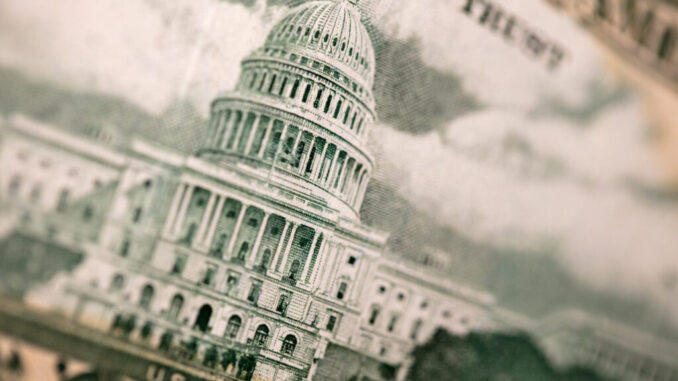
President Biden and House Speaker Kevin McCarthy, Republican of California, have locked horns over the $31.4 trillion debt ceiling. If Congress refuses to raise it, it could force the government to shut down and risk default on its debts as soon as June 1.
The federal government has had four shutdowns in 30 years. There’s never been a default, that moment when the government can’t borrow money to pay its bills.
Either one could slow down an already sluggish residential real estate market, and the longer the shutdown lasts, the slower it will get.
For sellers and home buyers, the consequences could prove frustrating.
In the event of a shutdown, the U.S. Department of Housing and Urban Development will have limited staffing and stop processing home equity conversion or “reverse” mortgages altogether. “Because we are able to endorse most single-family loans, we do not expect the impact on the housing market to be significant, as long as the shutdown is brief,” HUD said in an explainer. “With each day the shutdown continues, we can expect an increase in the impacts on potential homeowners, home sellers, and the entire housing market.”
Roughly half of mortgages are backed by the federal government (FHA, VA, etc.), with many of them taken out by low income and first-time home buyers.
Limited staffing at the Internal Revenue Service could also slow or halt real estate transactions involving tax liens.
Mortgage originator Shant Banosian of Guaranteed Rate said the consensus in his industry is that already high mortgage interest rates would increase substantially if the government defaults and/or shuts down — from 6.39% now for a 30-year fixed-rate loan to 8.5% or even higher — which would take many home buyers out of the market.
“I also think the stock market would pull back like it did last time,” Banosian said. “In 2011, when they came close to a shutdown, the stock market pulled back about 15 to 20 percent. You’d see the housing market really stall out.”
Scott Kriss, owner of Kriss Law | Atlantic Closing & Escrow, said a shutdown would be disastrous for the real estate market in the short term, and the longer it lasts, the worse it will be.
“They’ve got to figure this out,” Kriss said. “We’re hanging on by a thread here in the real estate market. And if the government shuts down and we default on our debts, it’s going to put us in a place we don’t want to be.
“I don’t care what your politics are, this isn’t going to be good for anyone.”
Source: www.boston.com
ENB
Sandstone Group



